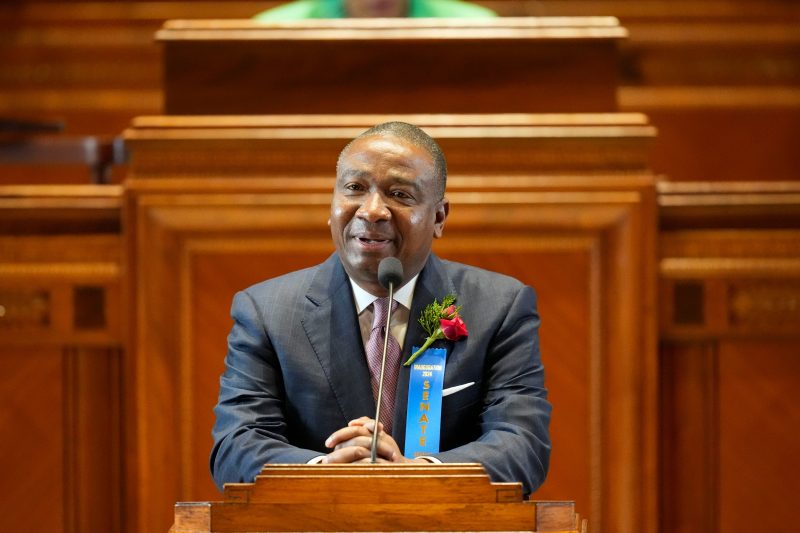In a recent turn of events, federal judges have struck down the proposed congressional map for Louisiana due to concerns about the creation of a second black-majority district. This decision has significant implications for the state’s political landscape and has sparked heated debates among lawmakers, activists, and residents.
The core argument behind the judges’ ruling centers on the delicate balance between ensuring fair representation for minority communities and avoiding race-based gerrymandering. Critics of the proposed map pointed out that the redrawn districts would concentrate African American voters into two separate majority-minority districts, potentially diluting their voting power in other areas.
By striking down the map, the federal judges have sent a clear message that the principle of fair and equal representation should be upheld above all else. This decision reflects a commitment to protecting the voting rights of all citizens, regardless of their race or ethnicity.
The controversy surrounding the rejected congressional map highlights the complex intersection of race, politics, and redistricting. It underscores the importance of transparency, accountability, and community engagement in the redistricting process to ensure that all voices are heard and represented fairly.
Moving forward, Louisiana lawmakers will need to go back to the drawing board and develop a new congressional map that addresses the concerns raised by the federal judges. This provides an opportunity to engage in constructive dialogue and collaboration to create a map that upholds the principles of fairness, equity, and inclusivity.
Ultimately, the federal judges’ decision to strike down the proposed congressional map with a second black-majority district serves as a reminder of the ongoing struggle to achieve racial equity and justice in our democratic system. It highlights the importance of vigilance in protecting the rights of minority communities and the need for continued efforts to ensure that every voice is heard and every vote counts in the political process.

